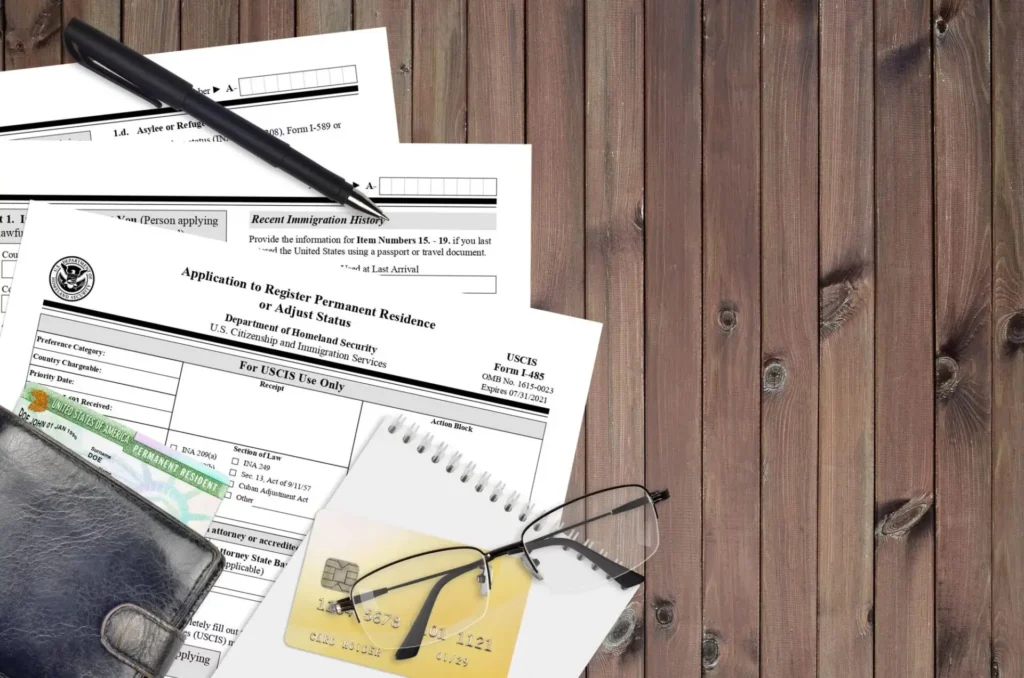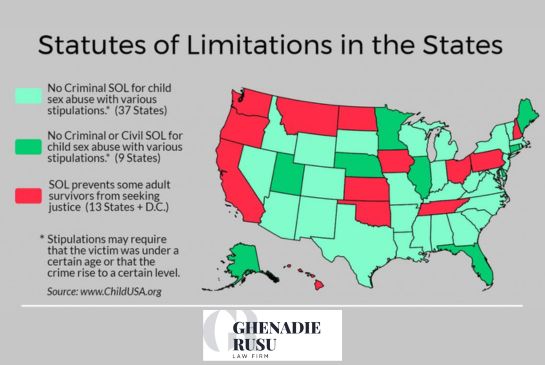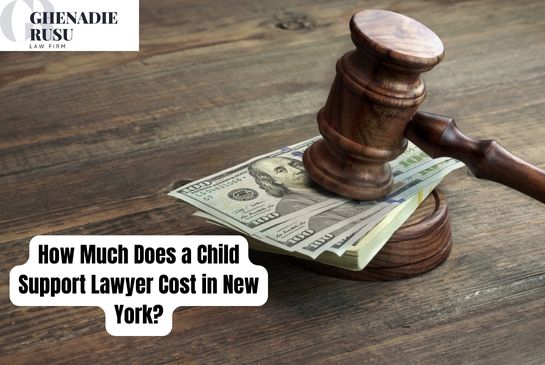Welcome to our guide on Temporary Protected Status (TPS) and its duration. If you or someone you know is a TPS beneficiary or considering applying for TPS, understanding the length of this protection is crucial. In this article, we will explain the ins and outs of TPS duration, including extensions, terminations, and the potential path to permanent residence. Let’s dive in!
What is Temporary Protected Status (TPS)?
Temporary Protected Status (TPS) is a temporary immigration benefit granted to individuals from certain countries facing ongoing armed conflict, environmental disasters, or other extraordinary and temporary conditions. TPS allows eligible individuals to live and work legally in the United States for a specific period.
To qualify for TPS, applicants must meet certain eligibility criteria, such as being a national of a designated country, being physically present in the United States during the TPS designation period, and demonstrating continuous residence in the United States.
The Duration of Temporary Protected Status
The duration of Temporary Protected Status is determined by the Secretary of Homeland Security based on the conditions in the designated country. Initially, TPS is granted for a specific period known as the initial designation period. Afterward, the Secretary of Homeland Security has the authority to extend or terminate TPS based on a thorough assessment of the country’s conditions.
Length of TPS Designation
The length of TPS designation can vary from country to country. Some countries may receive TPS designation for a few months, while others may have it for several years. Factors that influence the length of TPS designation include the severity of the conditions in the country, the feasibility of repatriation, and the ability of the country’s government to handle the return of its nationals.
It’s important to note that TPS is not a permanent status, and it does not automatically lead to permanent residence or citizenship. However, TPS beneficiaries may be eligible for other forms of immigration relief or pathways to permanent residence.
How Long Does Temporary Protected Status Last?
Temporary Protected Status is granted for specific time periods, typically ranging from 6 to 18 months. The expiration date of TPS is determined by the Secretary ofHomeland Security and is announced in the Federal Register. The announcement includes the expiration date and instructions for TPS beneficiaries regarding their status.
It is crucial for TPS beneficiaries to stay informed about the expiration dates and any updates regarding their TPS status. The U.S. Citizenship and Immigration Services (USCIS) also notifies TPS beneficiaries through official channels, such as mail or their online accounts.
If TPS beneficiaries fail to re-register for TPS or do not meet the eligibility requirements for re-registration, their TPS status may expire, and they may lose their lawful immigration status in the United States.
Extension of Temporary Protected Status
The Secretary of Homeland Security has the authority to extend TPS for designated countries if the conditions that led to the initial TPS designation persist. Extensions are granted after a careful evaluation of the country’s situation, taking into consideration factors such as ongoing armed conflicts, environmental disasters, or other temporary conditions.
During the TPS extension period, beneficiaries can continue to live and work legally in the United States. To maintain their TPS status, beneficiaries must timely re-register and meet the eligibility requirements outlined by USCIS. It’s important to note that TPS extensions are not guaranteed, and beneficiaries should stay updated on the latest news and announcements regarding their TPS status.
Termination of Temporary Protected Status
Temporary Protected Status may be terminated for various reasons. The Secretary of Homeland Security may decide to terminate TPS if the conditions that led to the initial designation have significantly improved, allowing for the safe return of nationals to their home country. Additionally, changes in U.S. immigration policies or diplomatic relations may also influence the decision to terminate TPS.
If TPS is terminated, beneficiaries revert to their previous immigration status, if any. It’s essential for TPS beneficiaries to explore alternative forms of immigration relief or consult with an immigration attorney to understand their options and potential pathways to legal status.
TPS and Pathways to Permanent Residence
While Temporary Protected Status is not a direct pathway to permanent residence or citizenship, it may provide certain advantages for TPS beneficiaries seeking to adjust their immigration status. Under certain circumstances, TPS beneficiaries may be eligible to apply for adjustment of status to become lawful permanent residents, commonly known as getting a green card.
To qualify for adjustment of status, TPS beneficiaries must meet additional eligibility criteria and may need to pursue other immigration options, such as family-based sponsorship, employment-based sponsorship, or other available pathways.
It’s important to consult with an immigration attorney or accredited representative to explore the best options for adjusting immigration status under TPS.
Frequently Asked Questions (FAQs)
1. How often is Temporary Protected Status (TPS) re-evaluated?
The Secretary of Homeland Security re-evaluates TPS for designated countries periodically, considering the conditions in the country and any changes that may affect the eligibility for TPS.
2. Can TPS be extended indefinitely?
Temporary Protected Status is not meant to be a permanent solution. TPS can be extended if the conditions in the designated country persist, but it can also be terminated if there are significant improvements or changes in circumstances.
3. Can TPS beneficiaries apply for other forms of immigration relief?
Yes, TPS beneficiaries may be eligible for other forms of immigration relief, such as adjustment of status, family-based sponsorship, employment-based sponsorship, or other available pathways. It’s important to consult with an immigration attorney to explore the best options based on individual circumstances.
4. What happens if TPS is terminated?
If TPS is terminated, TPS beneficiaries revert to their previous immigration status, if any. It’s important to explore alternative forms of immigration relief or consult with an immigration attorney to understand the options available after TPS termination.
**5. Are TPS beneficiaries allowed towork in the United States?
Yes, TPS beneficiaries are granted work authorization while their TPS status is valid. They can obtain an Employment Authorization Document (EAD) from USCIS, which allows them to work legally in the United States during the designated TPS period.
In conclusion, Temporary Protected Status (TPS) provides temporary immigration relief for individuals from designated countries facing extraordinary and temporary conditions. The duration of TPS varies depending on the country and is determined by the Secretary of Homeland Security. TPS can be extended or terminated based on the assessment of conditions in the designated country. While TPS is not a direct pathway to permanent residence, it may provide opportunities for adjusting immigration status or exploring other immigration relief options. It’s important for TPS beneficiaries to stay informed about their TPS status, including expiration dates and any updates or changes that may affect their immigration status.
If you believe you may be eligible for Temporary Protected Status (TPS) or need assistance with any immigration matter, contact the Law Office of Ghenadie Rusu today. Our compassionate and knowledgeable team is ready to provide you with professional legal representation and guide you toward a successful outcome. Schedule a consultation to discuss your options and secure your immigration status with confidence.












